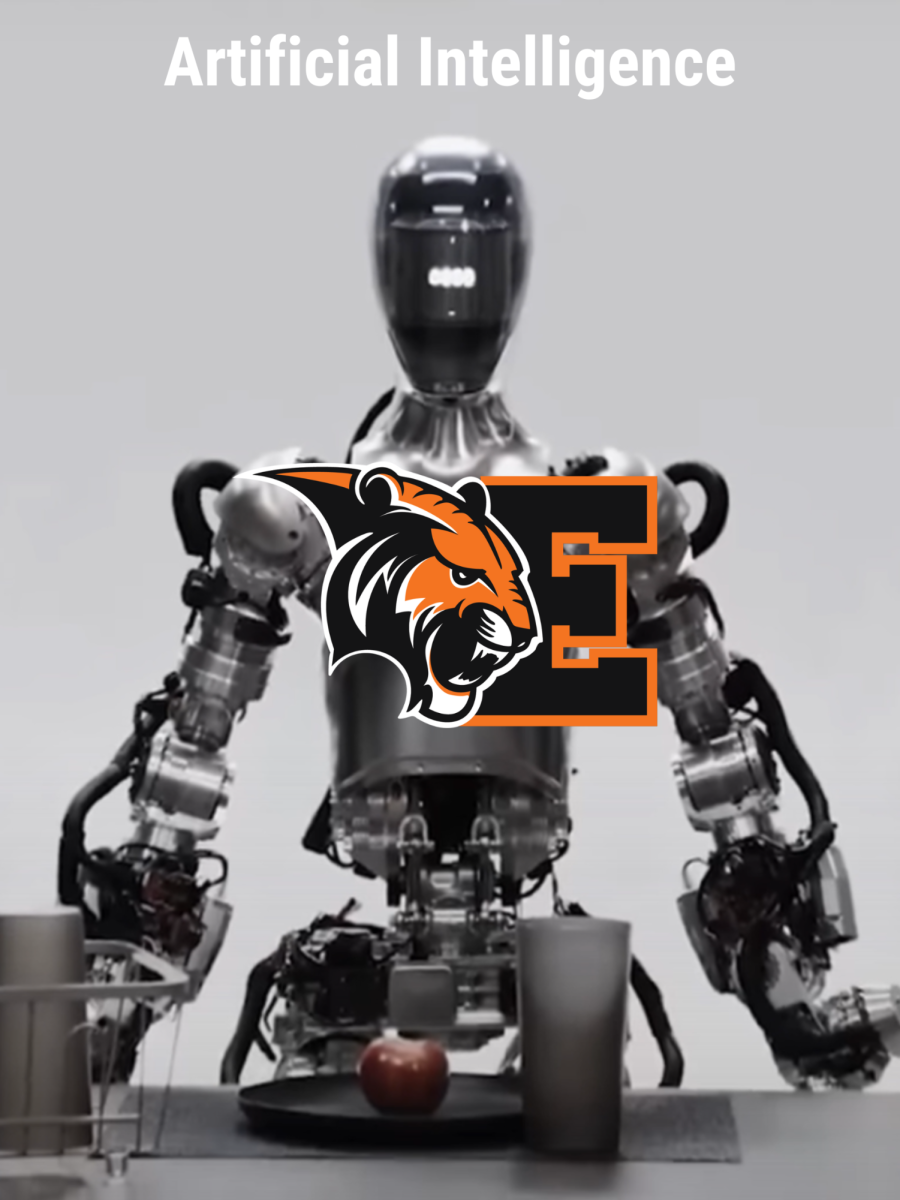In recent years, Artificial Intelligence (AI) has emerged as a transformative force, increasingly shaping everyday life and revolutionizing the education system. From smart assistants in our homes to advanced learning platforms in schools, AI is becoming more and more prominent.
The integration of AI into everyday life is evident across various sectors. One notable area is transportation, where AI-powered autonomous vehicles are being developed to navigate roads safely and efficiently. Companies like Tesla and Waymo are pioneering this technology, promising a future where commuting becomes safer and more convenient.
AI has also entered our homes through smart devices such as voice-activated assistants, such as Amazon’s Alexa, Apple’s Siri, and home automation systems. These AI-driven tools not only streamline daily tasks but also adapt to users’ preferences over time, offering personalized experiences.
In healthcare, AI is revolutionizing patient care and diagnostics. Machine learning algorithms can analyze vast amounts of medical data to identify patterns and make accurate predictions, aiding in early disease detection and personalized treatment plans. AI-driven robotic surgery systems are also enhancing precision and reducing recovery times in the operating room.
Education is another area experiencing AI-driven transformations. Schools are adopting AI-powered platforms to individualize learning experiences, catering to students’ unique strengths and weaknesses. Brandon Bird, a media teacher at Erie notes “AI to me is a powerful tool, and I think it has massive implications across multiple sectors and society, especially education in some ways.” These platforms, such as adaptive learning software and intelligent tutoring systems, provide personalized feedback and recommendations, empowering students to learn at their own pace.
Despite the undeniable benefits of AI, its rapid proliferation raises important ethical considerations. Concerns about data privacy, algorithmic bias, and job displacement creates various discussions surrounding AI’s societal impact. There is also a need for robust regulations and policies to govern the responsible development and deployment of AI technologies, ensuring they align with ethical principles and uphold human values.
In the context of education, the integration of AI sparks discussions about the role of educators in a technology-enhanced classroom. While AI can augment teaching practices and facilitate personalized learning, it cannot replace the human impact that educators bring to the learning experience.






































